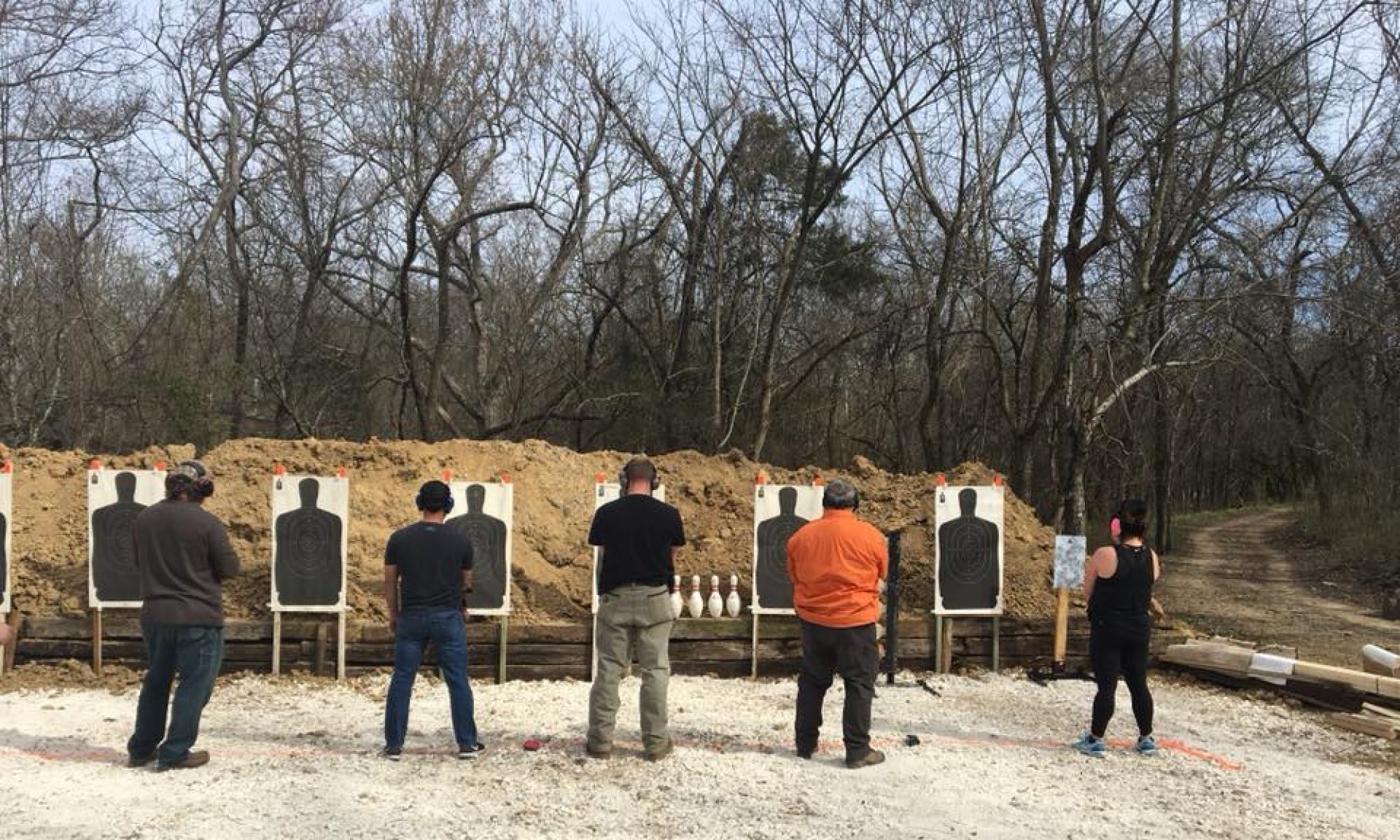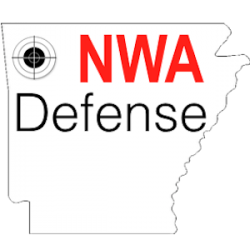
Concealed carry, also known as carrying a concealed weapon (CCW), refers to the practice of carrying a handgun or other weapon in public in a concealed manner, either on one’s person or in close proximity. The laws governing concealed carry vary widely by country and by state or province within a country. In some places, individuals must obtain a license or permit in order to legally carry a concealed weapon, while in others no permit is required.
In the United States, the laws governing concealed carry are primarily determined at the state level. Some states have “shall issue” laws, which require the issuing authority (usually the local police or sheriff’s department) to issue a concealed carry permit to any applicant who meets certain criteria, such as being over a certain age and not having a criminal record. Other states have “may issue” laws, which give the issuing authority discretion to grant or deny a concealed carry permit based on a variety of factors, such as the applicant’s perceived need for a permit. Still other states have “constitutional carry” laws, which allow individuals to carry a concealed weapon without a permit.
It is important to note that the laws governing concealed carry vary widely and can change frequently. It is important for individuals who are interested in carrying a concealed weapon to familiarize themselves with the laws in their jurisdiction and to follow them carefully.

